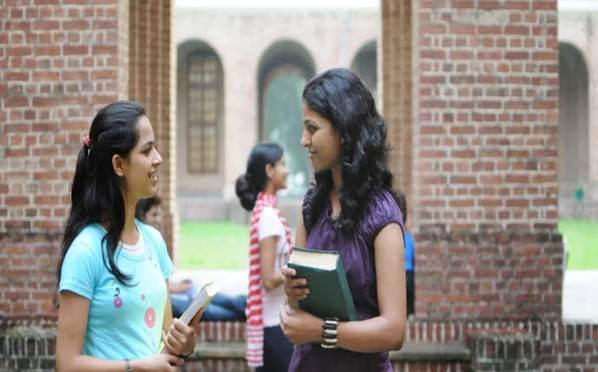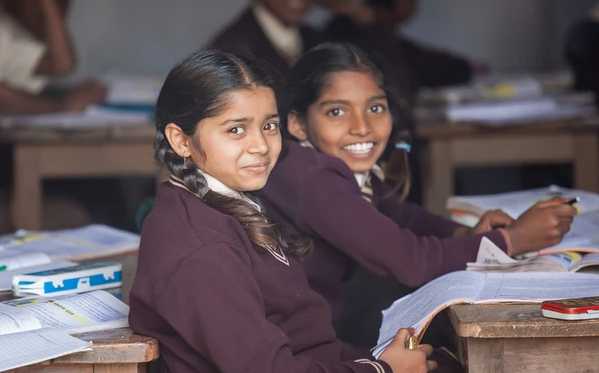To develop a technology to combat airborne infections, IIT Madras collaborated with Vellore Institute of Technology in Chennai, London’s Queen Mary University, and Magneto CleanTech.
NEW DELHI: Researchers from IIT Madras, Vellore Institute of Technology in Chennai, and Queen Mary University in London have collaborated to build a ground-breaking air sanitisation system to combat the spread of the coronavirus and tuberculosis bacteria. The project will be led by the Royal Academy of Engineering (RAENG) in the United Kingdom, with Magneto CleanTech, a manufacturer of air sanitisation solutions, as the sole industrial partner.
The goal of this combined research, according to officials from leading educational institutions, is to develop a resilient low-cost bio-aerosol protection system to contain airborne infections in indoor spaces for the Indian subcontinent, a region noted for its dense population and excessive urban pollution. The goal of the research is to produce an experimental proof-of-concept for a new air filtration system using ‘Ultraviolet-C’ radiation.
They claimed that this system has a strong potential to improve the effectiveness of removing viruses and other airborne pathogens while also lowering maintenance costs when compared to existing filters, which is a significant benefit for developing countries like India. “A variety of UVC solutions are available on the market,” they noted, “but they lack the technical design rigour required to assure optimal airborne filtering.” Confusion and mistrust among consumers have resulted as a result of this.
The project’s purpose is to create a solution that has been thoroughly confirmed and tested from both theoretical and practical viewpoints, with the safety made evident in a consumer-friendly manner ensuring the system’s live performance,” said Abdus Samad, Professor at IIT Madras.
Air Sanitisation System
Testing and installation of this system will be done with real-time applications in various Indian environments, thanks to Magneto CleanTech’s assistance. This initiative is intended to help over 10 crore people in the Indian subcontinent if it is done correctly. We are ecstatic and honoured to be a member of this prestigious international research team.
“Given our long-standing focus on air quality engineering and air sanitization technologies, this was the appropriate platform for us to participate, as we are trying to produce a new product that has the ability to secure global populations’ health and safety, benefiting everyone,” said Himanshu Agarwal, CEO of Magneto CleanTech. Professor Clive Beggs of Leeds Beckette University will serve as the project consultant for the consortium.
“A multidisciplinary team is required to design any useful system. We eventually enlisted the help of professionals from the fields of electronic and electrical system design, microbiology, and fluid system design. As we’ve seen with delta and other variants, Sars-Cov-2 spreads swiftly and new variants emerge. To confine and disinfect it, we must use the appropriate technologies. In general, our solution will work for air disinfectants in interior environments “Queen Mary University of London’s Eldad Avital was quoted as saying.
Professor Nithya Venkatesan of VIT Chennai said, “One critical component would be to develop instructions for how to use this air cleaning technology in conjunction with other cleaning, ventilation, and social distancing rules. We’ll take into account the characteristics of high-density population centres in India and other emerging countries. Advanced fluid dynamics modelling, risk analysis, and collaboration with national and local stakeholders will be used to accomplish this.”

